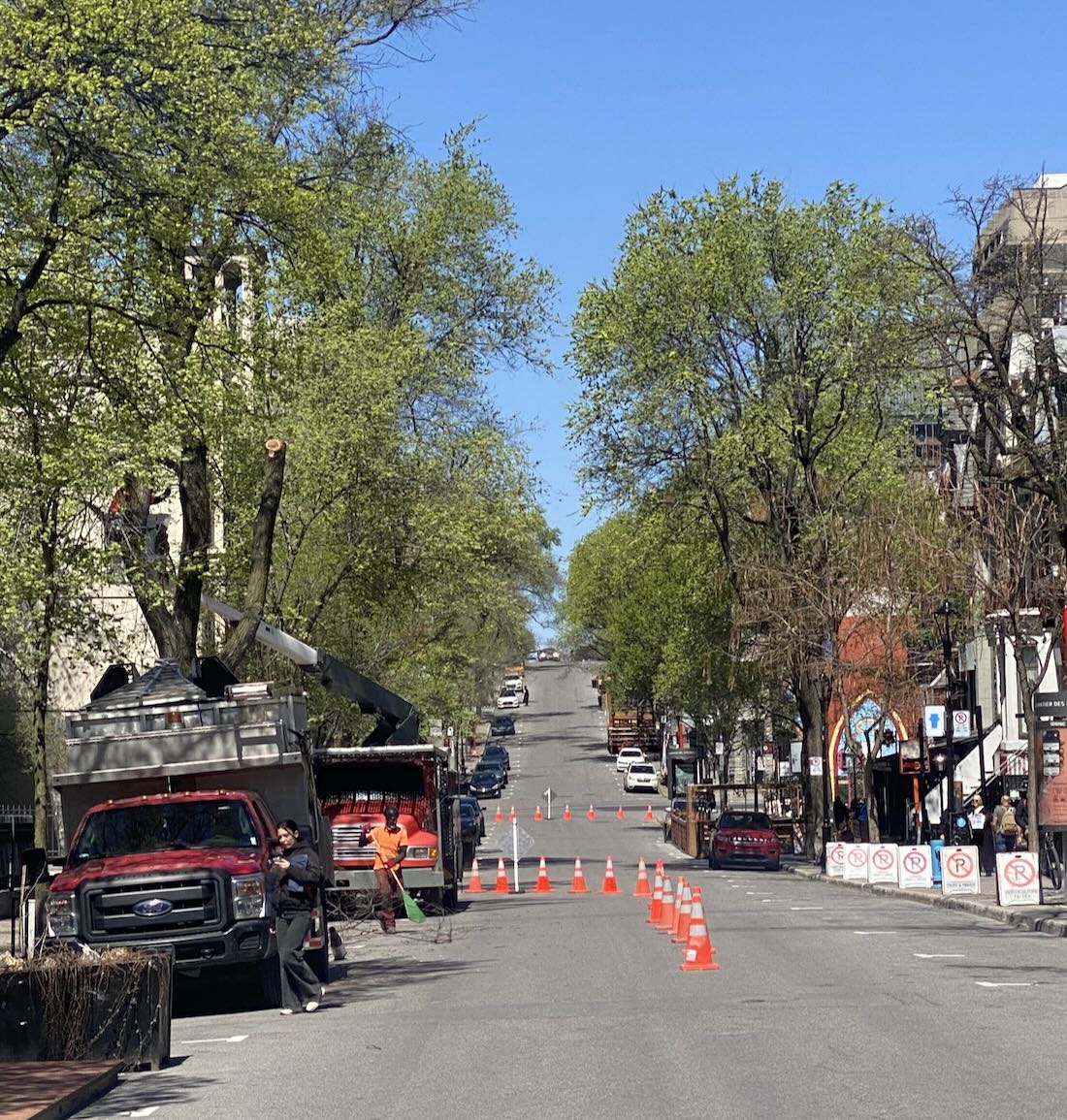



May 10 2025, 5:30 pm
Room LB-205, Library Building
1400 Maisonneuve Blvd W
Concordia University
Montreal/Tio'tia:ke
Sensing the Social, the Environmental, and Across the Arts and Sciences will be taking place at Concordia University, Montreal, Canada May 6 to May 10 2025. We are pleased to be welcoming scholars from around the world and across the social sciences, humanities and arts to explore the life of the senses in a changing world. With four days of stimulating presentations, discussions, workshops, artwork and socializing, we are looking forward to enjoying a sensational time together with you!
Sound installation On Certain Groundlessness at the Multisensory Art Gallery
Abtract: Ruth Anderwald + Leonhard Grond
In the experiencing subject, dizziness emerges as an experiential, as well as a differential category, and shows affinities to the perception of atmospheres. Conceptualised as an unpredictable movement or the sensation of such movement, dizziness alters the perception and position of the soma and, thus, its spatial, social, and atmospheric embeddedness. Dizziness is relational and intra-active, and therefore, never happens to an isolated element but always implicates the surrounding elements, thus impacting the relationship between the experiencing subject and the environment. WithKierkegaard, we hold that a shift in possibilities occurs as dizziness sets in. While trying to gain equilibrium, the experiencing subject, as well as the surroundings, are exposed to and relate generative and destructive dynamics within reciprocal approaches to agency, attunement, and transformation. As a suspension of what we have come to expect as the experienced norm, dizziness occurs situationally, conditionally, and temporarily, creating a temporary expulsion from the habitual and wont. As states of dizziness can be experienced on different scales and in different conditions and expressions, they may appear atmospheric and ephemeral. Atmosphere is here understood as a phenomenon that involves sensorial and bodily components of perception, leading to diverse responses based on different factors such as individual perception, memory, and cultural framing. The proposition of dizziness, as a concept in motion, is rooted in its physiological basis in the vestibular system, our sensory system to detect gravity and the space positioning of our bodies, which we humans share with other species such as mammals, birds, fish, octopods, and plants. The vestibular system has a germane impact on how we navigate the world. It influences not only our soma but also our emotional stability, sensory cognition, and even our sense of self and others – in short, it regulates our relation to the world. From this particular prism, we explore the sensory impact of dizziness, and exemplify our artistic research with an artwork, the spatial audio installation work On Certain Groundlessness (2023), which explores the potential for sharing and community-building in atmospheres of dizziness.